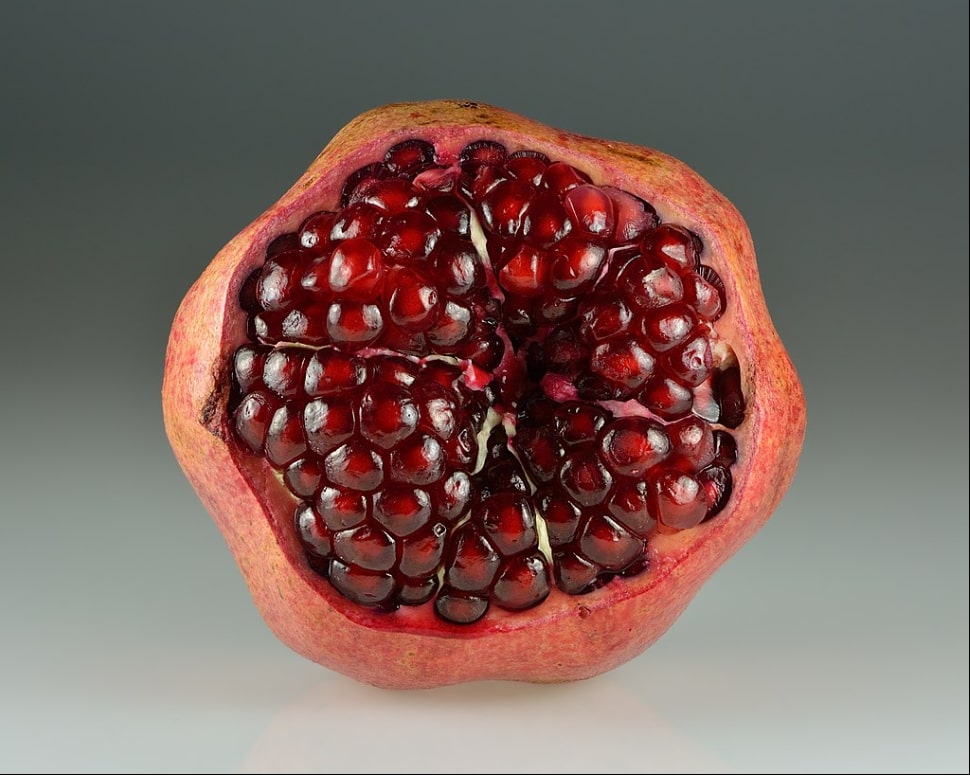Along with its rich flavor and purported health benefits, pomegranate is often lauded for its antioxidant properties and potential positive effects on health. However, although it has many advantages, it may not be suitable for everyone. Understanding who should avoid eating pomegranate is important for making informed dietary choices. Let’s learn about the groups who might consider avoiding or limiting their consumption of this popular fruit.
Allergy Concerns
Persons who are allergic to pomegranate or other fruits of the same family (such as oranges) should use caution. Allergic reactions can range from mild to severe and may include symptoms such as itching, swelling, hives, or in severe cases, anaphylaxis. It is important to consult an allergist or health care professional before consuming pomegranate.
Blood pressure and drug interactions
Pomegranate juice may interact with certain medications, especially those prescribed for high blood pressure. The fruit contains natural compounds that can potentially interfere with the way some medications work. Individuals taking blood pressure medications such as ACE inhibitors or angiotensin receptor blockers (ARBs) should discuss pomegranate consumption with their healthcare provider to avoid any adverse reactions.
Digestive Problems and GI Disorders
Pomegranate consumption may not be appropriate for people with sensitive stomachs or gastrointestinal (GI) problems. The acidity of the fruit can aggravate conditions like acid reflux, gastritis, or irritable bowel syndrome (IBS). People with these conditions should be mindful of their consumption and consider moderation or abstinence.
Diabetes Concerns
While pomegranate is known for its antioxidant properties and potential benefits for heart health, its natural sugars can affect blood sugar levels. Individuals suffering from diabetes should be cautious of consuming pomegranate juice or seeds due to the potential effect on blood sugar levels. It is necessary to consult a healthcare provider to determine a safe dosage or advise to avoid it altogether.
Pregnancy and breastfeeding
Pregnant or breastfeeding individuals should consume pomegranate with caution. While the fruit is generally considered safe, there is limited research on its effects during pregnancy or breastfeeding. It is recommended to consult a health care professional to make sure it will not pose any risk to the mother or baby.
conclusion
Pomegranate is undoubtedly a nutritious fruit with potential health benefits, but it is not universally suitable for everyone. Understanding the groups that may need to avoid or limit its consumption is important for making dietary decisions. Consulting health care professionals, especially for people with existing medical conditions or specific health concerns, is the best way to determine whether pomegranate is appropriate for them. Like any dietary change, moderation and individual consideration play an important role in ensuring a safe and healthy lifestyle.


